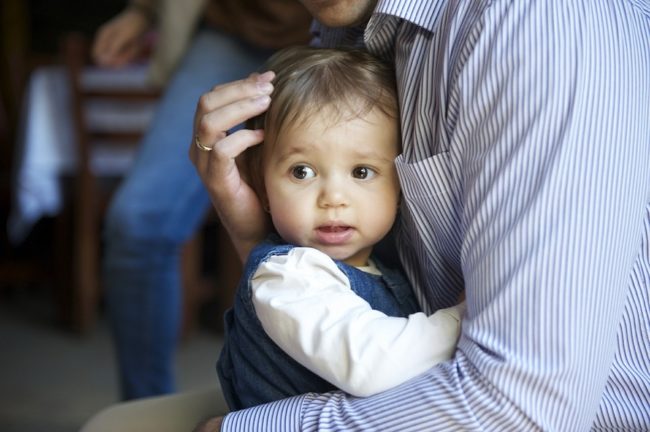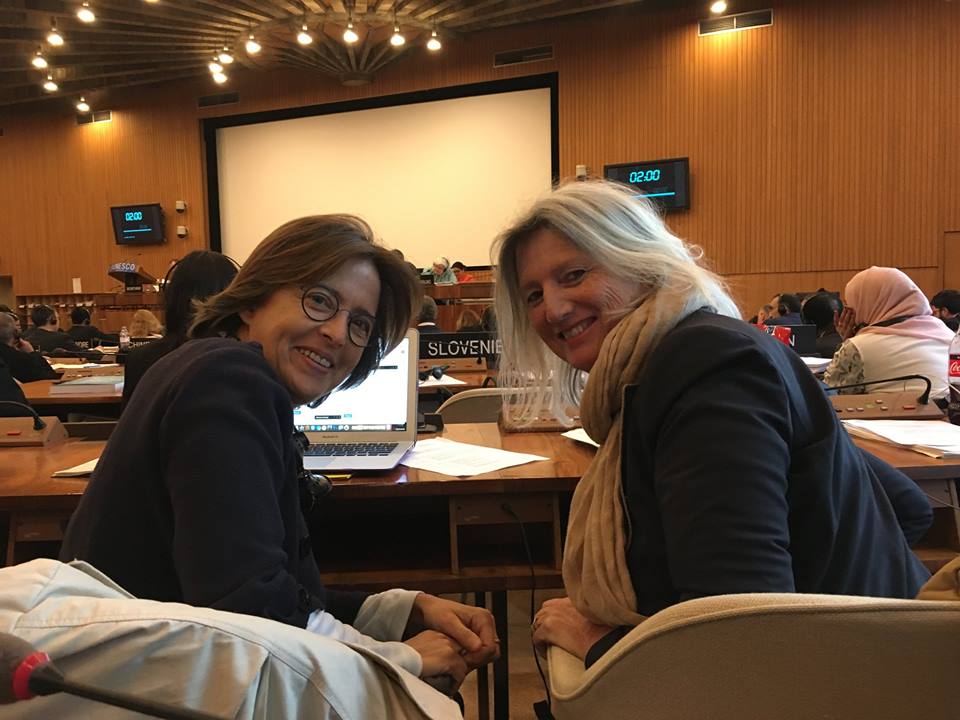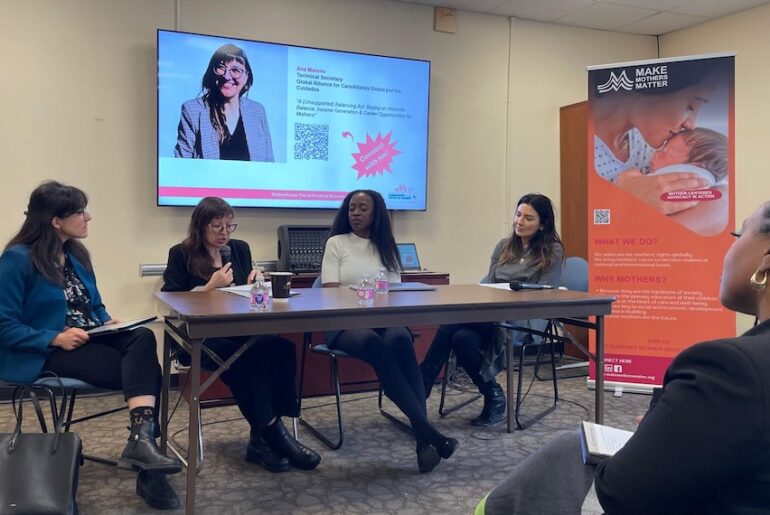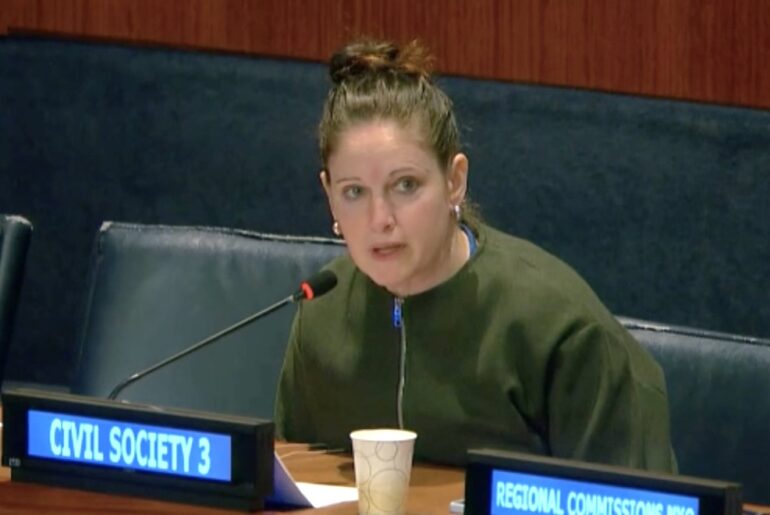Supporting families for peace building
16.05.19
UNESCO - On the occasion of the International Day of Families, MMM joined forces with other NGOs in partnership with UNESCO to reaffirm the essential role of families for social cohesion, economic development.and ultimately peace.

Because of their role in education, protection, health and socialization, families are the basic cells of society. The family, as a recognized institution in all sectors, strives to provide support from birth to the end of life, educating and protecting the most vulnerable.
Stability and solidarity within family units are the keys to a balanced development of the human being. This role is particularly crucial during the first three years of children’s lives, to ensure their full cognitive, emotional, physical and social development.
Still, in a context of rapidly changing societies, families, especially single-parent families, are increasingly finding themselves in vulnerable situations. They, therefore, need the support of States to protect parents and the rights of children and adolescents.
In the context of economic, environmental and social development, family-centered policies have proven effective. The success of the Sustainable Development Goals is intrinsically linked to the role of families as active agents of personal, social and cultural change.
On this basis, MMM and other NGO signatories to the statement below call on UNESCO Member States to implement policies to improve families’ access to sustainable living conditions. to avoid situations of neglect or violence, and to recognize their role in social cohesion and economic development.
The statement, prepared by MMM and a coalition of NGO partners of UNESCO, also makes a number of recommendations. It was distributed to the Member States and sent to the Director-General of UNESCO on 15 June 2019 on the occasion of International Family Day.
Read the Statement

Gabrielle de Milleville, Representative of Make Mothers Matter to UNESCO, with Marie-Claude Machon, Permanent Representative of BWP International to UNESCO and President of the NGO-UNESCO Liaison Committee
Time Poverty and the Motherhood Penalty
Unveiling Economic and Social Injustices
09.07.24
Mothers play an essential role in families by ensuring their loved ones are nourished, educated, and healthy, but their unpaid care work often leads to economic and social injustices, known
Envisioning care as a common thread to global crises
29.07.24
UN New York - Our virtual HLPF side-event brought together experts to shed light on how the various global crises we face (in particular climate change and other environmental crises,
We call for multi-stakeholder approach to recognise and support unpaid care work
21.07.24
UN New York - Participating in the meeting of the UN Economic and Social Council (ECOSOC) on care and support systems, MMM reaffirmed the principle of co-responsibility, which should underpin








